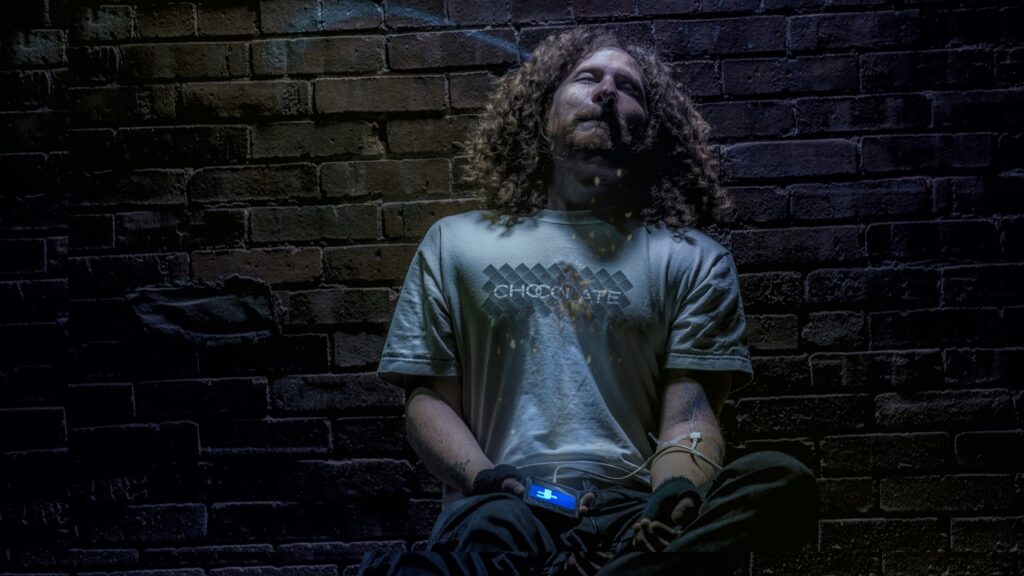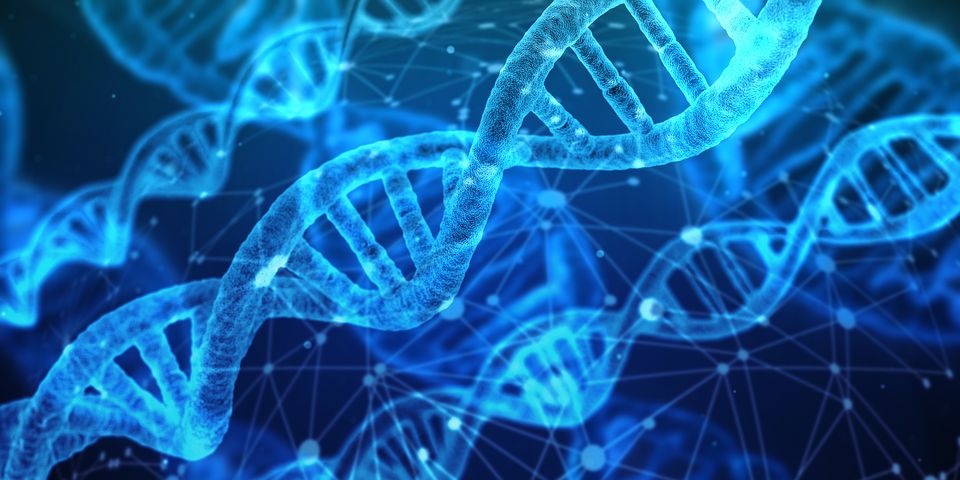A Sense of Connection: Can DNA Testing Help You Find Yours?
Connection is arguably one of the things we need the most yet is often missing in the modern world. Increasingly we seem to be seeking connections, like much else, online and looking for quantities of connections rather than quality ones. We spend time looking at our screens instead of connecting with people that really matter.
Johann Hari says in his Ted Talk ‘Everything You Know About Addiction is Wrong’ that connection is the key to mental wellbeing and is the opposite of addiction.
‘Addiction?’ I hear you cry. ‘That doesn’t apply to me. I’m not an addict’.
However, as Hari points out during his talk, many of us have addictions that we may not be aware of or even see as being addictions. Johann notes that many of his audience members looked, when told that they were not allowed their smartphones during his Ted Talk, like ‘drug addicts who had just been told their dealer was unavailable’.

Picture Credit: Jbarah15 from Pixabay
Even if we don’t have addictions to our phones, drugs (illicit or prescription), pornography, videogames, or alcohol an increasing number of us suffer from anxiety and/or depression. According to the World Health Organisation ‘depression and other mental health conditions [are] on the rise globally’. They put the numbers of global depression cases at over 264 million.

Picture Credit: Pixabay
Hari argues too, in his Ted Talk ‘This Could Be Why You’re Depressed or Anxious’ that building connections, or ‘finding our tribes’, is key to recovery. This certainly makes sense considering that loneliness is a known cause of anxiety and depression and the addictions that often follow as a way to fill that void. Loneliness is also often a result of anxiety, depression, and addictions. It is a vicious cycle, one that can be hard to break but that can pay dividends with regards to how people are feeling.
One way to find your tribe, in what in some cases can be a very literal sense, is to study your family history.
There are myriad reasons why starting work on a family tree can be beneficial to your mental wellbeing and help build these connections.
- For those of us who have broken connections with our family histories either through adoptions in the family, estrangement, lack of information, slavery, war, migration, or any other reason finding out about your immediate family, long lost family, and/or ancestral roots can help give people a sense of belonging.
- Researching family history can provide a good basis to build or improve upon existing familial relationships – a large part especially in the initial stages of researching your family tree involves conducting interviews with your existing family (if you have one). It will give you something to talk about and focus on with your family members.
- Genealogy as a hobby is undertaken by millions of people over the world, and plenty of people like to share their stories and their hints and tips. Sharing an interest with others even if you don’t share DNA is a great way to build connections.
- Having an understanding of hardships and difficulties your predecessors faced can help you feel more able to face difficulties within your own life. Knowing that there is strength and resilience in your DNA.

Picture Credit: qimono from Pixabay
A good way to make a start on building your family tree, if you are perhaps stuck for a way to start the conversation, or you don’t have anyone to start the conversation with is to take an ancestral DNA test. There are plenty of different companies offering a variety of services so it’s a good idea to read up on them to find which DNA testing company is going to be the best one for you, your situation, and your pocket!
